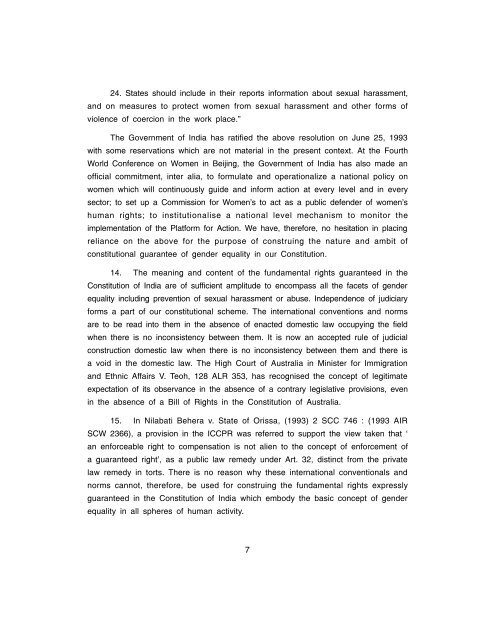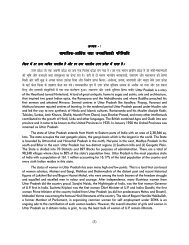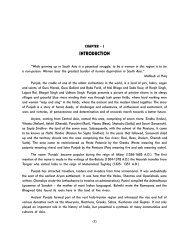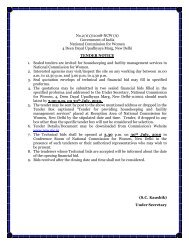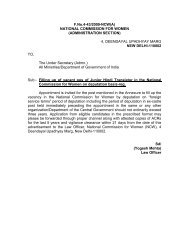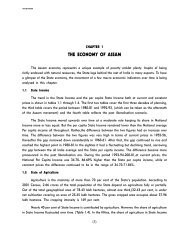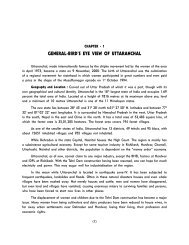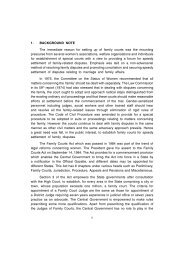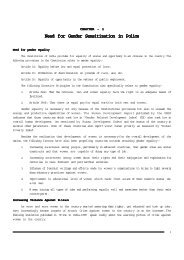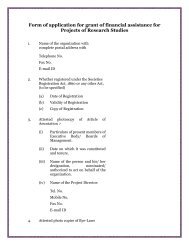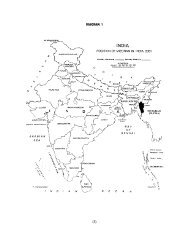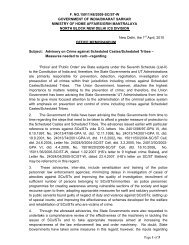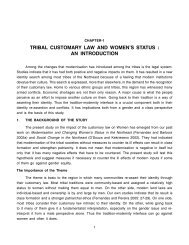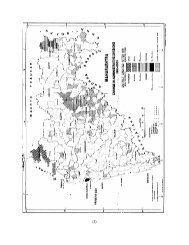Vishaka and others V. State of Rajasthan and others.
Vishaka and others V. State of Rajasthan and others.
Vishaka and others V. State of Rajasthan and others.
- No tags were found...
Create successful ePaper yourself
Turn your PDF publications into a flip-book with our unique Google optimized e-Paper software.
24. <strong>State</strong>s should include in their reports information about sexual harassment,<strong>and</strong> on measures to protect women from sexual harassment <strong>and</strong> other forms <strong>of</strong>violence <strong>of</strong> coercion in the work place.”The Government <strong>of</strong> India has ratified the above resolution on June 25, 1993with some reservations which are not material in the present context. At the FourthWorld Conference on Women in Beijing, the Government <strong>of</strong> India has also made an<strong>of</strong>ficial commitment, inter alia, to formulate <strong>and</strong> operationalize a national policy onwomen which will continuously guide <strong>and</strong> inform action at every level <strong>and</strong> in everysector; to set up a Commission for Women’s to act as a public defender <strong>of</strong> women’shuman rights; to institutionalise a national level mechanism to monitor theimplementation <strong>of</strong> the Platform for Action. We have, therefore, no hesitation in placingreliance on the above for the purpose <strong>of</strong> construing the nature <strong>and</strong> ambit <strong>of</strong>constitutional guarantee <strong>of</strong> gender equality in our Constitution.14. The meaning <strong>and</strong> content <strong>of</strong> the fundamental rights guaranteed in theConstitution <strong>of</strong> India are <strong>of</strong> sufficient amplitude to encompass all the facets <strong>of</strong> genderequality including prevention <strong>of</strong> sexual harassment or abuse. Independence <strong>of</strong> judiciaryforms a part <strong>of</strong> our constitutional scheme. The international conventions <strong>and</strong> normsare to be read into them in the absence <strong>of</strong> enacted domestic law occupying the fieldwhen there is no inconsistency between them. It is now an accepted rule <strong>of</strong> judicialconstruction domestic law when there is no inconsistency between them <strong>and</strong> there isa void in the domestic law. The High Court <strong>of</strong> Australia in Minister for Immigration<strong>and</strong> Ethnic Affairs V. Teoh, 128 ALR 353, has recognised the concept <strong>of</strong> legitimateexpectation <strong>of</strong> its observance in the absence <strong>of</strong> a contrary legislative provisions, evenin the absence <strong>of</strong> a Bill <strong>of</strong> Rights in the Constitution <strong>of</strong> Australia.15. In Nilabati Behera v. <strong>State</strong> <strong>of</strong> Orissa, (1993) 2 SCC 746 : (1993 AIRSCW 2366), a provision in the ICCPR was referred to support the view taken that ‘an enforceable right to compensation is not alien to the concept <strong>of</strong> enforcement <strong>of</strong>a guaranteed right’, as a public law remedy under Art. 32, distinct from the privatelaw remedy in torts. There is no reason why these international conventionals <strong>and</strong>norms cannot, therefore, be used for construing the fundamental rights expresslyguaranteed in the Constitution <strong>of</strong> India which embody the basic concept <strong>of</strong> genderequality in all spheres <strong>of</strong> human activity.7


